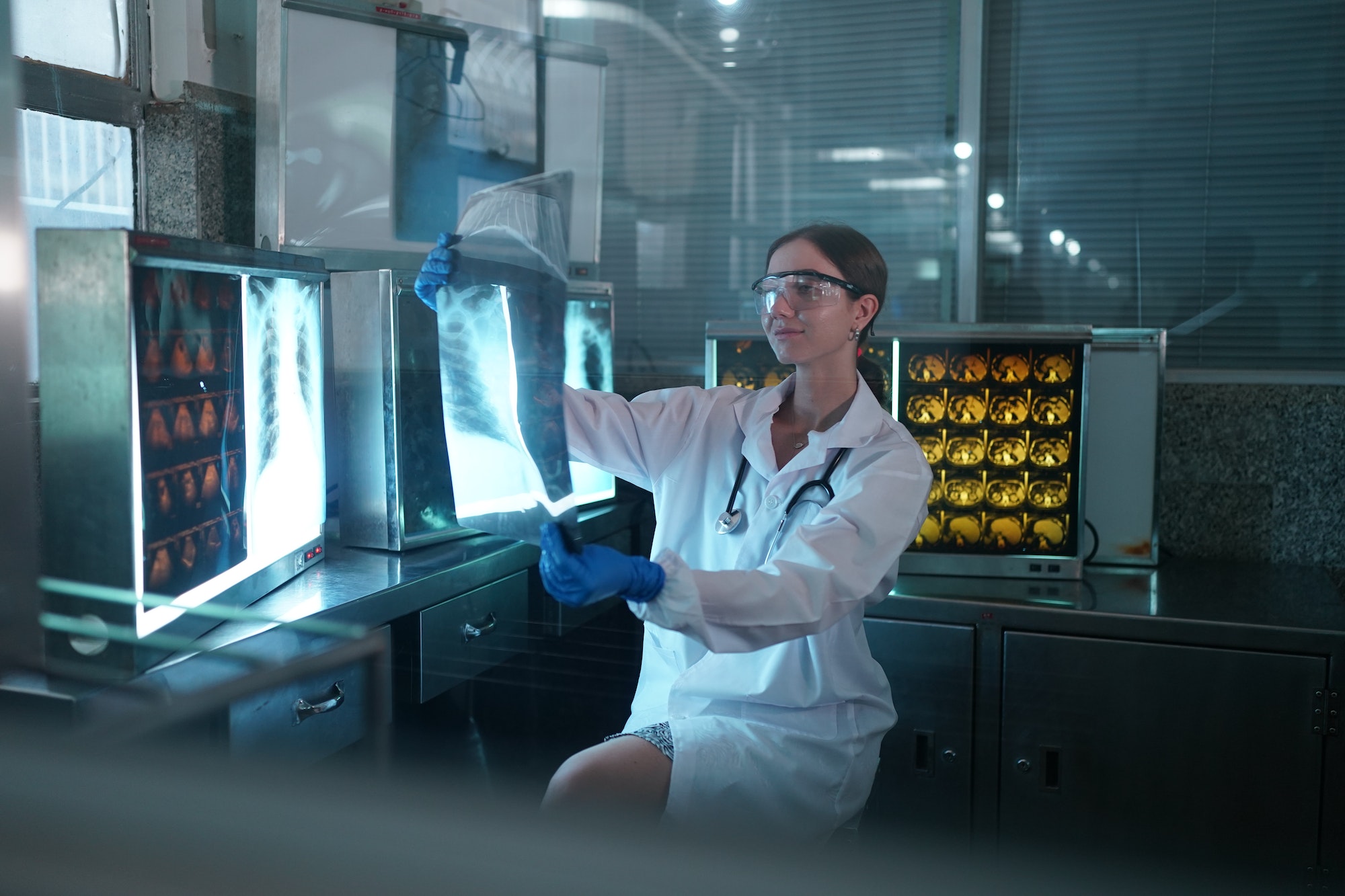Address
33-17, Q Sentral.
2A, Jalan Stesen Sentral 2, Kuala Lumpur Sentral,
50470 Federal Territory of Kuala Lumpur
Contact
+603-2701-3606
info@linkdood.com
Address
33-17, Q Sentral.
2A, Jalan Stesen Sentral 2, Kuala Lumpur Sentral,
50470 Federal Territory of Kuala Lumpur
Contact
+603-2701-3606
info@linkdood.com

In our modern world, we rely on computers and the internet for many things. But did you know, even hospitals use them a lot? They help to keep track of your health information and control machines that help doctors. But sometimes, bad guys called cybercriminals try to hack into these computers to steal information or cause problems. This is why we need something called cybersecurity to protect our hospitals and clinics.

Recently, more and more cybercriminals are trying to hack into hospital computer systems. In a place like Ireland, there were 60% more attempts to attack hospitals in just eight weeks. If the cybercriminals succeed, they can cause lots of trouble, like taking important health information or stopping the hospitals from working until they get money. This can put people in danger and make others lose trust in hospitals.
To stop these bad guys, everyone in the hospital needs to learn about cybersecurity. This means knowing what tricks cybercriminals use, like phishing (pretending to be someone they’re not to get your information) or using weak passwords. The more people know about these tricks, the better they can stop them. This could be through training or practicing what to do if a cybercriminal attacks.
Hospitals also need to have strong rules and plans for cybersecurity. This includes checking for weaknesses in their computer systems and controlling who has access to what information. If hospitals can find these weaknesses before the cybercriminals do, they can fix them and make it harder for an attack to happen.
Even with these rules and training, hospitals also need technology to help keep their systems safe. This can be special programs that spot cybercriminals, walls that keep them out, or ways to scramble information so only the right people can read it. It’s also important to keep these programs up-to-date and watch the hospital’s networks all the time to catch cybercriminals quickly.

Hospitals should work with other hospitals, the government, and computer experts to share what they know about cybersecurity. This can help everyone stay one step ahead of the cybercriminals. Plus, it can help find new ways to protect against attacks and make the computer world safer for everyone.
We need to remember that cybersecurity isn’t just about computers. It’s about keeping everyone safe. This means teaching people about cybersecurity, making good rules, using the right technology, and working together. Doing all of this can help protect our hospitals and the people who depend on them.
In the end, cybersecurity is really important for our healthcare. It involves people, plans, and technology working together to fight against cybercriminals. By doing this, we can keep our hospitals safe and make sure everyone can get the care they need. So let’s take on this challenge and make a safer future for all of us!

1. What is cybersecurity in healthcare?
Cybersecurity in healthcare means protecting the computer systems and online information of hospitals, clinics, and other healthcare organizations from bad guys called cybercriminals. These criminals try to steal information or cause problems.
2. Why is cybersecurity important in healthcare?
Cybersecurity is important because hospitals and clinics use computers a lot. They store patient information, control machines that help doctors, and more. If cybercriminals hack these systems, they can cause a lot of trouble and even put people in danger.
3. What is a cybercriminal?
A cybercriminal is a person who uses computers to commit crimes. This could be hacking into computer systems to steal information or disrupt services, often for money.
4. How can healthcare organizations protect themselves against cyberattacks?
Healthcare organizations can protect themselves by educating everyone about cybersecurity, creating strong rules for protecting their systems, using special technology to detect and stop cybercriminals, and working with others to share information and ideas about cybersecurity.
5. What is phishing?
Phishing is a trick cybercriminals use where they pretend to be someone else to get your information. For example, they might send an email pretending to be your bank, asking for your account number.
6. How can we all help with cybersecurity in healthcare?
We can all help by learning about cybersecurity and practicing safe behavior online, like using strong passwords and not sharing personal information unless we’re sure it’s safe. If we all work together, we can make the internet safer for everyone, including our hospitals and clinics.